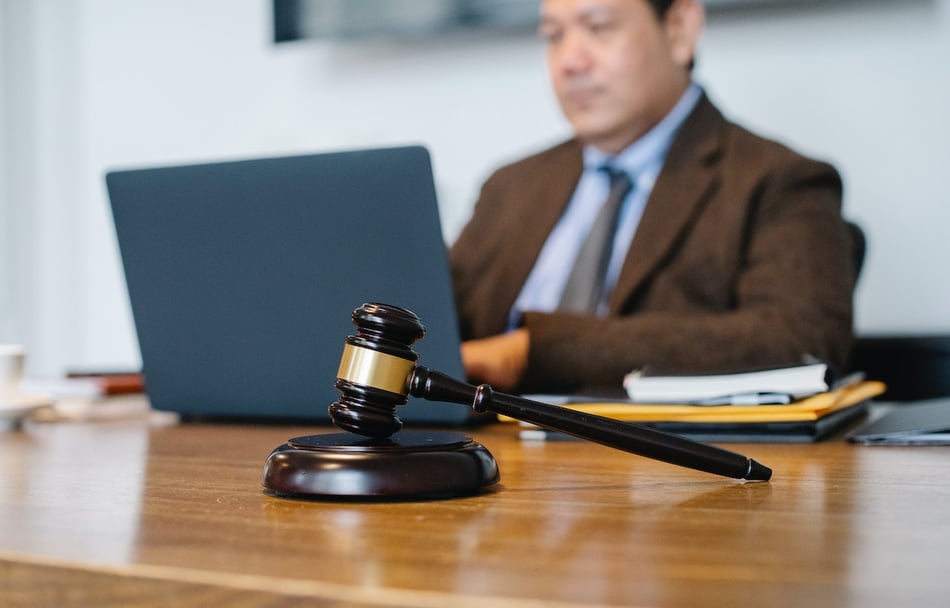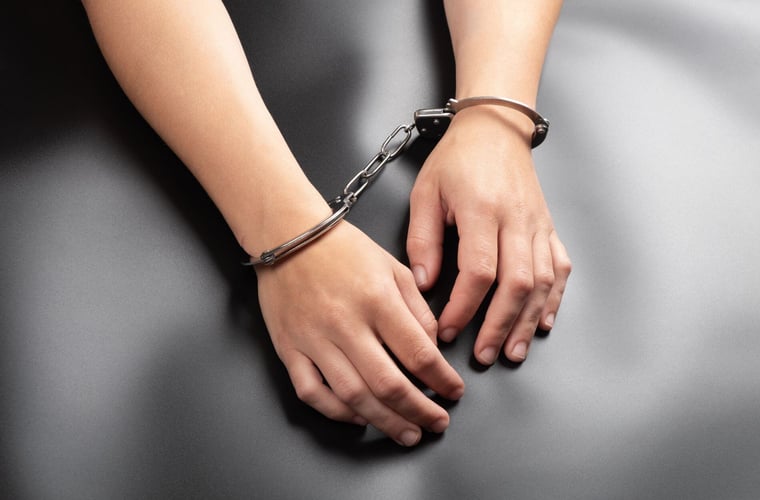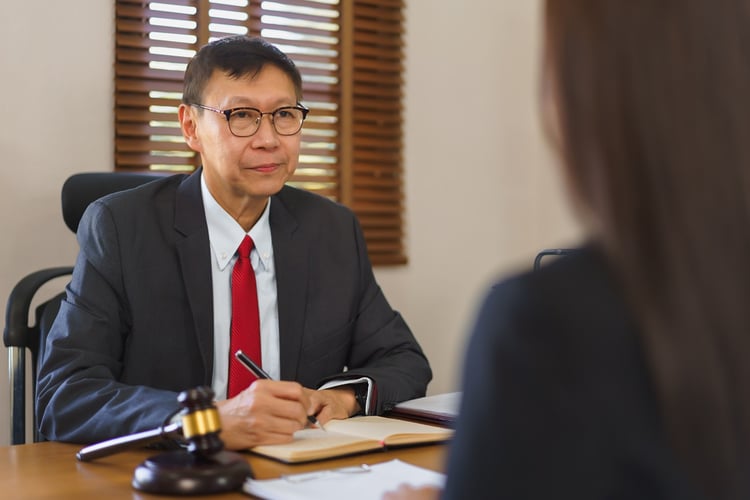
The criminal justice system in Denver and Seattle, as in the rest of the United States, can often be a daunting and complex world to navigate. Facing criminal charges can be a life-altering experience, making it essential for individuals to be well-informed and prepared to defend their rights and pursue the best possible outcome. At Novo Legal, we recognize the need for educational content that demystifies the inner workings of criminal defense in Denver and Seattle, assists those accused in understanding potential defense strategies, and underscores the critical role that dedicated and experienced legal professionals play in protecting the best interests of their clients.
In this informative blog series, we will begin by providing an overview of the criminal justice system in Denver and Seattle, offering insights into the arrest and booking process, the role of prosecutors in the courtroom, and the pre-trial procedures that may lead to plea negotiations. By building a comprehensive understanding of the system, defendants can approach their cases with greater confidence.
Understanding the Criminal Justice System in Denver and Seattle
The foundation of any successful defense lies in understanding the key stages of the criminal justice system:
- Arrest and Booking Process: Following an arrest, the accused will be taken into custody and processed (booked) by law enforcement. This stage includes gathering personal information, taking fingerprints and photographs, and possibly arranging for bail if eligible.
- Court Proceedings and the Role of Prosecutors: Criminal cases typically begin with an arraignment, during which the defendant enters a plea of guilty, not guilty, or no contest. From there, the case may proceed to preliminary hearings, pretrial conferences, and, ultimately, a trial. Prosecutors play a vital role in presenting evidence and arguing the case against the defendant.
- Pre-Trial Procedures and Plea Negotiations: Before a trial, defendants may engage in plea negotiations, during which they, with the help of their defense attorney, discuss the potential of reaching a favorable agreement with the prosecution to resolve the case quickly and potentially reduce charges or penalties.
Balancing the Scales: Know Your Rights When Facing Criminal Charges
Knowing and understanding one's rights when accused of a crime is fundamental:
- Right to Remain Silent and Miranda Warnings: Upon arrest, individuals have the right to remain silent to avoid self-incrimination. Law enforcement officers must inform arrestees of their "Miranda rights," which include the right to remain silent and the right to legal representation.
- Right to Legal Representation: Defendants have the right to consult with an attorney and have them present during questioning. If unable to afford an attorney, the court may appoint a public defender.
- Right to a Fair and Speedy Trial: Defendants have the right to a trial by jury within a reasonable timeframe, ensuring that their case is heard and resolved promptly.
Common Criminal Defense Strategies
A strong defense often relies on implementing proven defense strategies:
- Challenging the Evidence: Attorneys may seek to challenge the credibility of prosecution's evidence, including questioning the legality of the arrest, the accuracy of witness statements, or the reliability of forensic evidence.
- Mistaken Identity and Alibi Defense: If a defendant can provide a solid alibi or demonstrate that they have been mistakenly identified as the perpetrator, their attorney may argue for the case's dismissal based on insufficient evidence.
- Affirmative Defenses: In some cases, defendants may admit to the crime but present an affirmative defense, such as self-defense, duress, or necessity, which can justify their actions and potentially lead to an acquittal or reduced charges.
The Crucial Role of Experienced Criminal Defense Attorneys
Trusted legal advocates can make a significant difference in the outcome of a criminal defense case:
- Assessing the Case and Developing an Effective Strategy: An experienced defense attorney is skilled at analyzing the facts and circumstances surrounding a case and devising a tailored defense strategy that addresses the unique aspects of each situation.
- Negotiating Plea Deals When Appropriate: If a trial is not in the defendant's best interest, a skilled attorney can negotiate plea deals with the prosecution, potentially reducing charges and penalties for a more favorable outcome.
- Protecting Your Rights and Interests Every Step of the Way: A dedicated criminal defense attorney is committed to vigilantly protecting their client's rights throughout the legal process, from arrest to trial or negotiation, ensuring that each stage of the process adheres to due process and safeguards the defendant's best interests.
Conclusion
Navigating the criminal justice system in Denver and Seattle can be a complex and intimidating process. However, with a solid understanding of one's rights, familiarity with effective defense strategies, and the support of a trusted legal advocate, it is possible to achieve a favorable outcome and protect oneself from the far-reaching consequences of a criminal conviction.
The team of experienced Denver, Colorado criminal defense lawyers at Novo Legal is dedicated to defending the rights of individuals facing charges in Denver and Seattle. Reach out for a consultation today and equip yourself with the expert guidance and support needed to safeguard your future in the face of criminal allegations.



